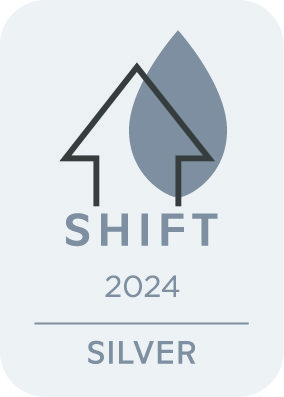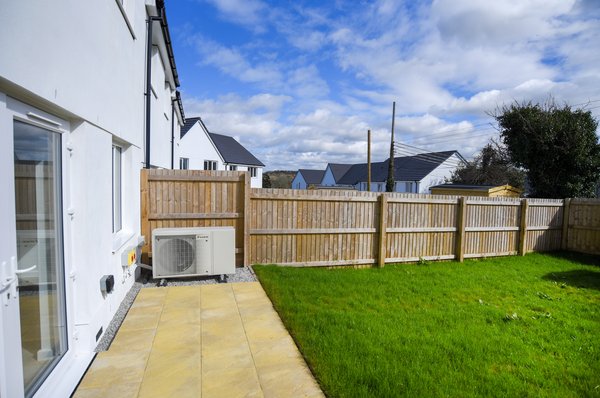As part of Coastline’s proactive approach to improving our environmental reporting, we have recently developed a Sustainability and Carbon Analyst position to work alongside the Head of Sustainability, Procurement and Innovation.
This position will allow us to invest in making our homes more sustainable, which in turn will help to reduce bills and create savings for our customers.
Key responsibilities of the Sustainability and Carbon Analyst include:
- overseeing the HACT Carbon Credit scheme
- producing a 20 year carbon plan aligned with the wider five year Coastline Plan
- reviewing and monitoring Coastline's Environmental Strategy
- producing annual environmental reporting, including the SHIFT assessment and other Environmental, Social, Governance (ESG) reports.
Annual SHIFT report
SHIFT Environmental Assessment is an independent sustainability standard and accreditation scheme specifically designed for the housing sector. It is provided by Suss Housing and aims to help housing providers meet challenging environmental targets. The full report, along with the SECR Carbon Emissions report is available on our sustainability page.
Coastline has completed assessments for the last three years which has helped to create more focus on environmental impact across the business. We have maintained a SHIFT Silver standard, while there has been a slight decrease in the overall score of 43.10 compared to the previous 2022/23 reporting period at 44.16.
86.97% of our existing homes (those built before 1st April 2023) are rated EPC C or above, while 100% of new builds (those built after 1st April 2023) are rated EPC C or above. This is an improvement on 75.91% of existing homes rated EPC C and above in 2022/23.
Carbon emissions
Global greenhouse gas emissions and energy use between 1st April 2023 and 31st March 2024 decreased compared to the previous year. However, we are still maintaining a proactive approach and have highlighted areas for improvement, which has helped to shape our Environmental Strategy.
Scope 1 emissions (a direct a result of Coastline’s actions) were 553.81 tonnes CO2 equivalent (CO2e), compared to 476.52 tonnes the previous year.
Scope 2 emissions (indirect emissions from the generation of purchased electricity) were 178.62 tonnes CO2e emissions, compared to 161.18 tonnes in 2022/23.
Scope 3 emissions (emissions due to Coastline’s business/actions, occurring at sources that we do not control) however, did significantly decrease, and reported at 6247.23 tonnes CO2e for 2023/24, compared to 10,394.53 tonnes previously.
The changes in carbon emissions could be due to improved reporting systems, where there is less reliance on logical assumptions, and this improved data quality has allowed for more accurate results.
For more for information head over to our sustainability page.

